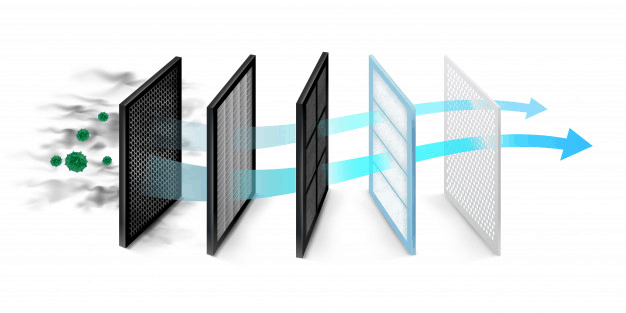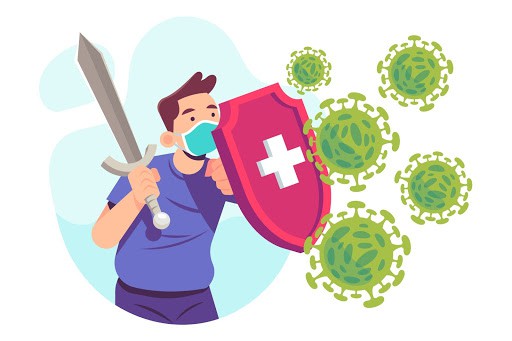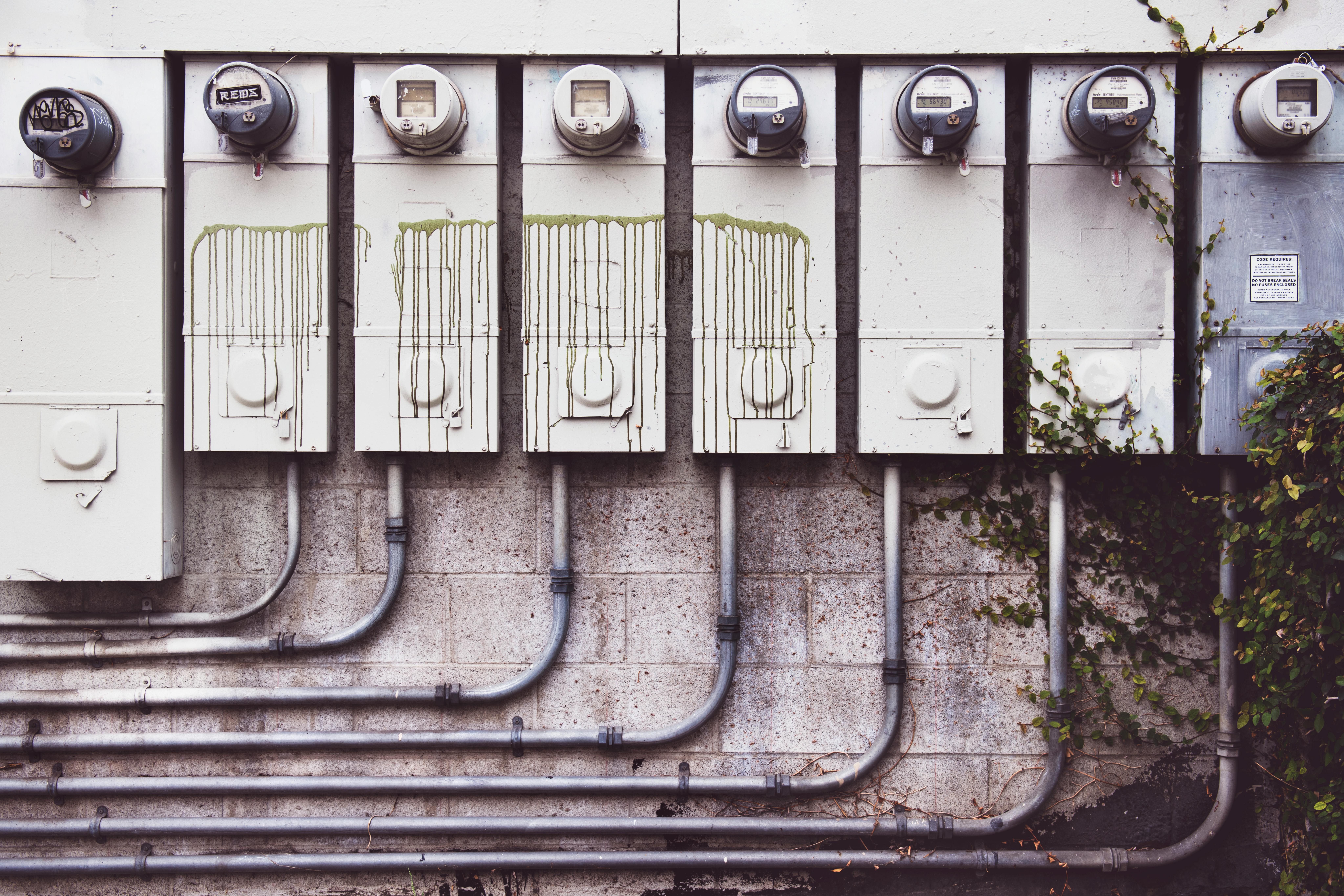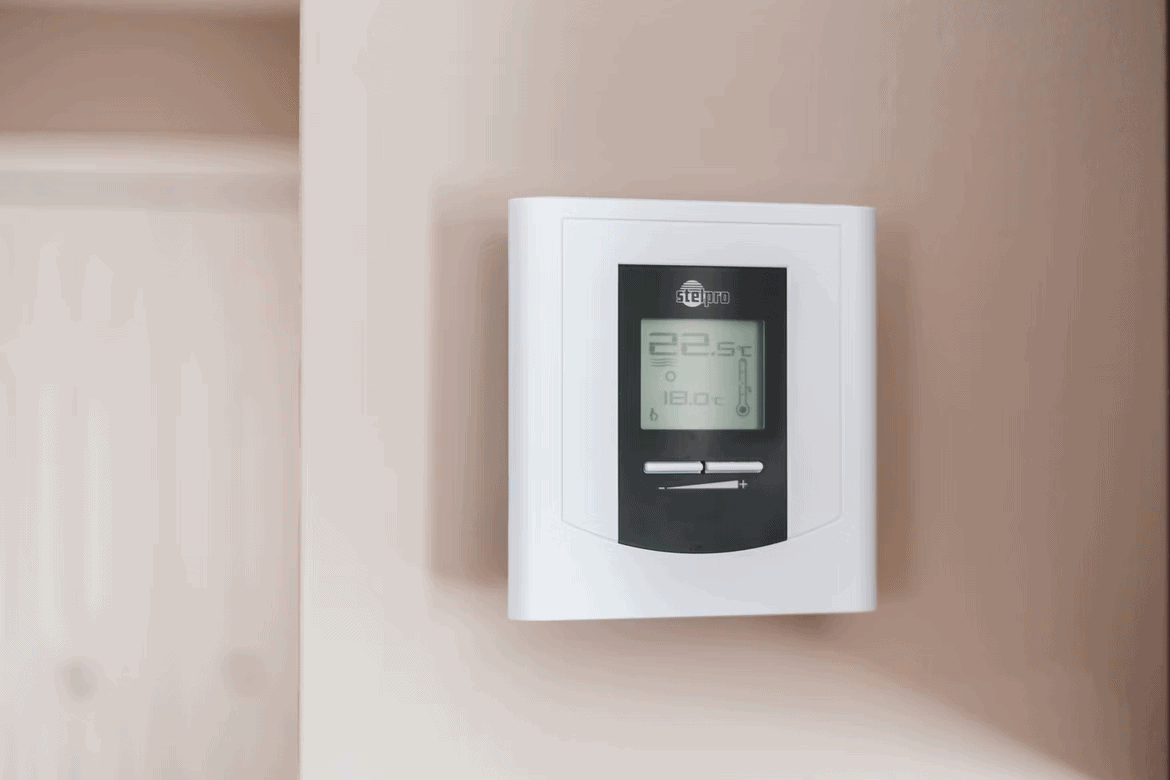The Best Energy Efficient Air Purifiers
So you’ve decided that you want to prioritize your health by cleaning that dirty air in your home or office - but you don’t want to rack up your...
Floor, wall and ceiling mounted to meet your unique project design.

As people seek any means to protect themselves and their families from the spread of Covid-19, many are asking, “Do air purifiers kill viruses” like Covid-19?
According to the United States Environmental Protection Agency, air purifiers can improve indoor air quality in spaces without access to outdoor air. Specifically, they reduce the concentration of virus-carrying particles in the air, which is why their popularity is on the rise.
The Centers for Disease Control and Prevention also advises that an air purifier protects against coronavirus by reducing the density of virus particles in indoor spaces. Though air purifiers cannot substitute outdoor air, they can reduce the concentration of airborne particles that may be carrying coronavirus.
While no study has conclusively proven or disproven air purifiers kill Covid-19 in the room, experts do agree that having an air purifier for Covid-19 can be highly beneficial in the fight against viruses. That said, it isn’t a silver bullet, it is something that must be teamed with wearing a mask and physical distancing.
| Learn more about Indoor Air Quality |
Not all air purifiers are equally effective at removing coronavirus from your environment. According to the EPA’s air purifier coronavirus guidance, there are few requirements to keep in mind when selecting portable air purifiers for Covid:
Consider the following factors when you are choosing an air purifier for viruses for your space.
The size of the room it will be used in is important because different air cleaners and air purifiers are effective only up to a certain size of room, measured in square feet. While most commercially available air purifiers should be able to work effectively in an average sized room, double-check the measurements of your space. A better alternative is installing a portable air purifying unit, like the AirFixture CleanAir Tower.
The EPA also recommends avoiding air cleaners that generate ozone. While ozone particles are able to eliminate biological air contaminants like virus particles, concentrated ozone can be dangerous, and this method should not be used in spaces with occupants.
In addition to selecting an air purifier with a HEPA filter, an air purifier that kills viruses should also be CADR rated. CADR, or Clean Air Delivery Rate, essentially measures how quickly the air purifier is able to process air at its highest setting.
Air purifiers have different CADR ratings for smoke, dust and pollen, reflecting their effectiveness for different sizes of particles. According to Consumer Reports lab tests, they recommend an air purifier for Covid-19 must have a CADR over 240, meaning it’s able to process the air five times per hour in its recommended size of room.

Though studies have yet to show conclusively that air purifiers destroy viruses, they have been shown to filter different types of viruses. Instead of capturing the virus itself, air purifiers capture the particles that carry viruses.
99.97% HEPA filters capture most airborne particles as small as 0.3 microns
In particular, a true HEPA filter would be the ideal air purifier virus-killer. A ‘High-Efficiency Particulate Air’ filter, HEPA filter, is made of ultrafine polypropylene or fiberglass fibres. These are certified to capture at least 99.97 percent of airborne particles as small as 0.3 microns.
The New York Times also reports that HEPA filters are effective at removing particles as small as 0.01 microns. As such, they do provide some measure of air purifier Covid-19 protection.
In the end, whether air purifiers can kill Covid-19 depends on a number of factors: the type of filter, size of the room, number of occupants, to name a few. What is clear is that air purifiers that use a HEPA filter for virus protection are an effective layer of defense. Not only do they filter out coronavirus carrying particles, they improve indoor air quality too.
What’s important is that the HEPA air purifier should be able to filter the air before you breathe it. Unfortunately, many buildings in the U.S. use “mixing ventilation” systems, in which air is introduced and extracted from the ceiling. This causes virus carrying particles to linger longer in the air.
That means a solitary air filter on the far side of the office is unlikely to protect you adequately. Make sure all occupants have an air purifier near them and use them at a higher setting for maximum air purifier virus and bacteria removal.
Are you looking to add air purifiers to your premises?
Find out how best to deploy air filters across your premises, by getting in touch with AirFixture today. Our seasoned experts can expand further on our CleanAir Tower, a mobile air purification unit that can combine Bi-Polar Ionization, UV Light and HEPA air filtration to eliminate contaminants.
Join the hundreds of customers around the world that trust Airfixture for their air purification needs.

So you’ve decided that you want to prioritize your health by cleaning that dirty air in your home or office - but you don’t want to rack up your...
According to the Environmental Protection Agency (EPA), you spend 90% of your time indoors - and indoor air quality is on average two to five times ...

With the change of seasons approaching, many property managers need a refresher on local heating and cooling regulations. Property managers need to...